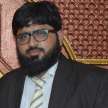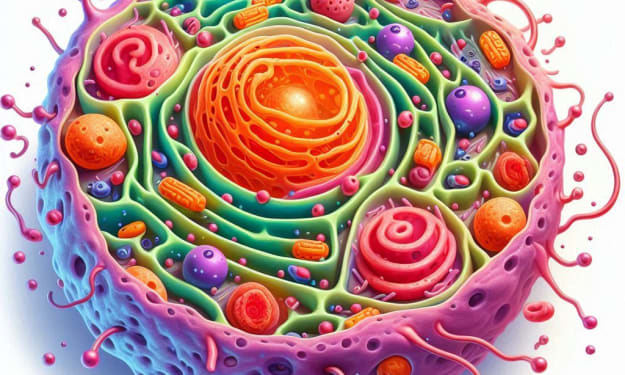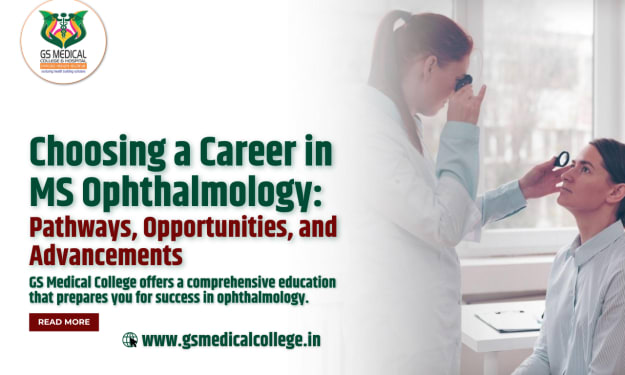
Some global sports educators are currently trying to fundamentally redefine the specialist culture of physical education. They ponder and theorize whether, after the uprising of thinking and a reflective turnaround, the newly thought-out cognition and reflection subject - until now simply referred to as "sport" - is now aligned with the key term "sport literacy", would rather be described as "sports studies" or "sports science". These suggestions do not fit into the normal course of action that, after the social popping up of a social problem, a school subject (economy, programming, healthy eating, environmental protection etc.) is promptly requested in order to get these social problems under control by means of the school institution. "Sport Studies" is more about the profound change of an established and accepted teaching subject. This is intended to deal with three crises in one fell swoop: an alleged recognition crisis in physical education, the general misery of the sports teaching profession and the academic lack of profile in sports education / sports field.
Almost simultaneously, on the international stage, so to speak "across the globe" from New Zealand to Canada, there has long been a move towards a new, multi-dimensional physical literacy, in which physical activity, the development of motor skills and focus on motor skills development. The existing orientation of physical education as a practical exercise subject is generally supported and promoted; Likewise, the decades-old, subject-specific, content-didactic and methodical-organizational concept of effective physical education, where skill and understanding are positively combined. The effective realization of a development-promoting basic physical education under the usual everyday teaching conditions requires a pronounced, subject-specific professional ability of the sports teachers. Basic physical education in the “Sport” class is certainly not a supervised sport activity or just an extended break in the yard.
Real problems in the physical and motor development of children and adolescents in a sedentary, technology-focused environment, but also the demonstrable effects of pedagogical interventions to promote motor development are ignored by quite a few university sports pedagogues who have embarked on a bizarre, almost provocative special path and overlook the practical and methodological challenges as well as the possibilities of school sports. Denial of reality and phenomena of ideology-based self-immunization are recognizable. In the future, only one lesson “about sport” would have a legitimate place in educational theory at the public schools.
Education for sport and through sport is fortunately considered legitimate, but only outside of school. There is no need to break with a more than 150-year-old specialist culture, which - with all fluctuations in history, legitimacy and functionalization - proved to be a dominant, practical movement subject physical (physical, gymnastic, gymnastic) activity and has since been given a subject-specific, didactic-methodical and organizational structure. But that's exactly the end of it. This primitive methodology has nothing to do with proper field.
The problems of sport as a school and teaching subject as well as sport pedagogy and sport field as an academic discipline and, finally, the acceptance of the sport teaching profession require a differentiated analysis and evaluation. The description by a general, triple crisis scenario is inadequate and its tracing back to the discourse on mental overload cannot be reconstructed historically. The derivation of today's supposedly deformed specialist culture of physical education from a mental over strain at the end of the 19th century is factually incorrect. Conspiracy theories of the kind that school sport and physical education are cogs in the gears of an affirmative education policy are also incorrect.
Some developments in the current university sports pedagogy raise doubts as to whether this academic discipline is still able to fulfill its integrative task with regard to the systemic advisory and support function for school sports and physical education. This is accompanied by a noticeable de-profiling, a lack of practical relevance and a lack of professional relevance in academic sports education and sports field. In order to counteract this development, the cooperation of sports pedagogy with sports medicine, with movement and training science as well as sports psychology within the framework of a multidisciplinary school sports research and a job-related, university sports teacher training are significantly strengthened and not defamed. The new basic physical education as it is being developed internationally offers opportunities and challenges for this.
About the Creator
Enjoyed the story? Support the Creator.
Subscribe for free to receive all their stories in your feed. You could also pledge your support or give them a one-off tip, letting them know you appreciate their work.






Comments
There are no comments for this story
Be the first to respond and start the conversation.